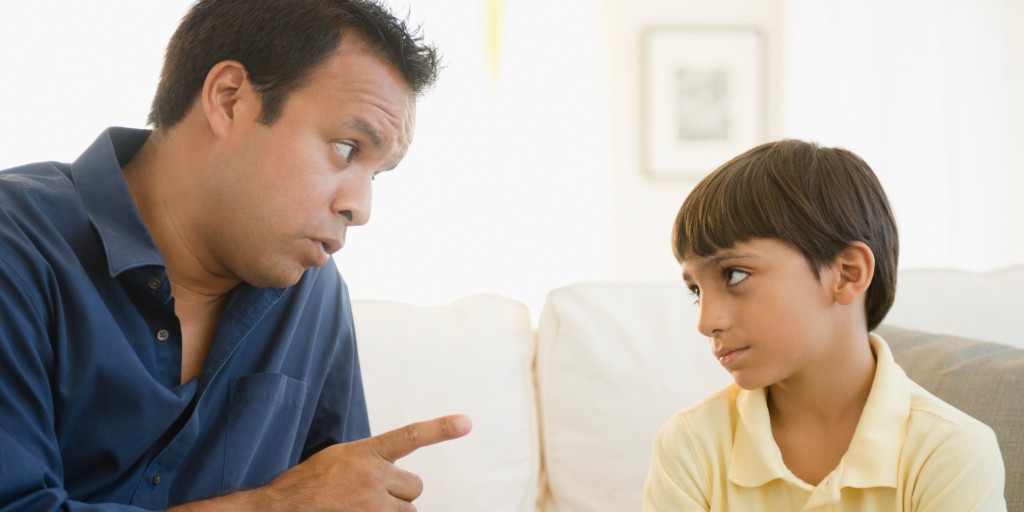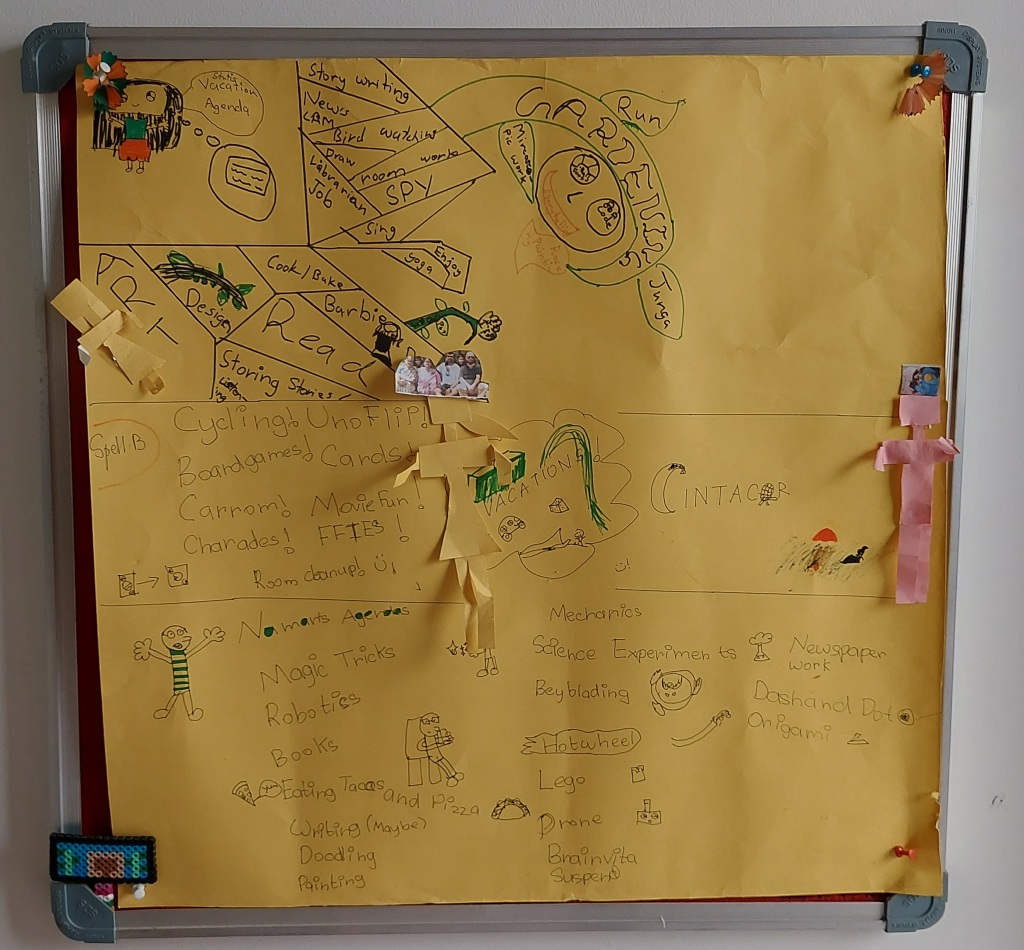
When I was a teenager, I wanted to know the purpose of life. One answer I was given was that a person lives to have children, raise them, and give them a good living. That’s what people are born for; that is supposedly the purpose of life.
I found this “purpose of life” extremely hard to accept. I spent considerable time negating the statement trying to arrive at something more spiritual and grander, related to self-realisation and esoteric values. With the question always hanging in my mind, I’ve been going through several interesting learning experiences. It is still a journey; maybe there is no definite answer to the question – “the purpose of life” and the most relevant one is – “whatever purpose one gives oneself”.
When I ponder on the aspect of raising a family with respect to the purpose of life, while raising a family may not be just all there is to life (as I was told in my younger days), it does have a significant part. Life may not be about having a single purpose; every aspect of life could have a unique and wonderful aim. Nothing is set in stone, and that’s where free will comes in.
Going by this doctrine, professional life would be given a distinct purpose (that one is easiest – lots of money and promotions). It is easier to set goals for professional life given that the world, the management gurus and the whole ecosystem itself drive a person to progress (or be left out) and thereby set some purpose (short-term, long-term).
On the personal front, however, it is more left to oneself – and influenced highly by the enemy of success – laziness. Not everyone has a vision on how to shape one’s personal life – what kind of person to be, what kind of society to live in, what kind of influence to exert, how to help others, what hobby or interest or passion to pursue. I think it is paramount to set goals and most importantly, purposes for various aspects of personal life – in fact, professional goals ought to follow personal goals (though reality shapes life the other way around).
Parenting is a key aspect of one’s day-to-day personal life and needs profound thought and goals too. Over the last few decades, the purpose of parenting and the impact of parenting have undergone considerable change. As society has moved from a joint family structure to being nuclear and as low as one child only, parenting has moved on too. It is no more about just whacking kids on their heads and ordering them around. Parenting now revolves around influencing children to be whatever the parents would like them to be – which needs setting and working towards parenting goals. Parental behaviour with their children was not a matter of concern or even the slightest consideration earlier but is pivotal in today’s scenario. Good or bad, today the situation is considerably different.
Being a parent in today’s scenarios is not limited to having children and then becoming busy earning money for their education and their career set up. Parenting goals could cover:
- Character shaping
- Personality building
- Social skills inculcation
- Financial provisions
- Career guidance
How a parent behaves with the child largely depends on the parental goals he or she sets, or in many cases – does not set at all. Does the parent plan to be an authoritarian who directs the child on a specific path, a mentor who guides the child, a friend who facilitates the child’s growth, a provider who ensures the availability of material requirements; or any other option – this goal reflects in the parent’s behaviour.
In nuclear families, the first learnings and the first sharing of children are mostly from and with the parents. With single-kid-families becoming more prevalent, even the availability of a sibling to share ideas and dreams has reduced. It is human nature to look for someone to talk to, to share with and be just oneself. Children look to at least one person with whom they can speak unabashedly. This person influences the mental makeup and the character build of the child for life. His or her reactions could carry home everlasting impressions.
A child needs this anchor but with a reduced inner circle, options are limited. When left into the stream of society (friends, neighbours, etc.) children are left floundering.
The emerging need nowadays is for the parent to be a friend to talk to – more so in the formative stages. A parent should be around for the child not just when life-changing magnanimous events occur. What is important is to be there for the kid when she wants to talk about what she saw in the school, what her friends are up to or what happened in the class. These are seemingly insignificant events for adults but very valuable for the child to share. Being there for those five to ten minutes to let the child express candidly without advising and making judgements enables significant mental growth. The availability of an anchor to lean upon is strengthened by these conversations.
Being a parent today is about being that anchor for a child to come and lean upon till he or she is strong enough to face the world and absorb the right influences. I see parents chasing career paths, financial goals, social fame or acceptance unmindful of the quality time they are giving to their kids. I see parents go around with friends even though the child wants just a little while to let them know what’s happening in their life.
Having a vision and then being a parent who is nonjudgemental, ready to accept, ready to support, not being a preacher and open to conversation is a primary uncompromisable duty of at least one of the parents. This aspect must be baked into parental goals to allow the flow of thought and understanding and thereby the ability to influence the child’s thoughts and direction.
As I said in the beginning raising kids is one purpose of life and doing this in a way that the children become positive contributors to society and progressive human beings themselves with minimal afflictions is a primary parental duty. And be reassured it’s a fulfilling duty and a wonderful journey to have a vision, be there for your children and watch them become people better than yourself.









